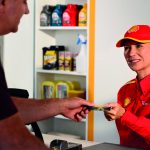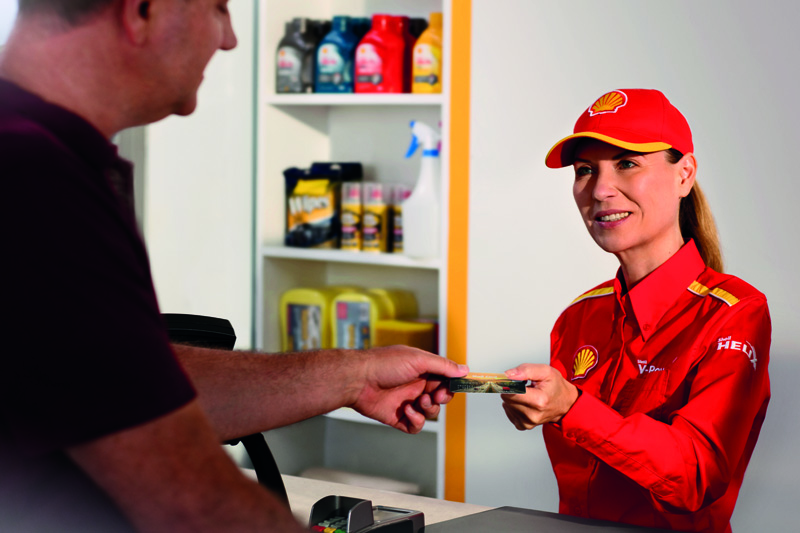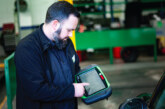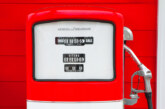With the gamut of technology options available today, Shell Commercial Fleet UK asks, what are three tools that fleet managers can leverage so that they work smarter but not necessarily harder?
The fleet industry continually strives for productivity in two key areas: its fleet and people, pressuring fleet managers to think of ways to generate more with less. The industry has toyed with various approaches, but technology – such as predictive modelling, analytics, IoT and big data – has been the springboard for true productivity. Shell Commercial Fleet believes there are three ways to achieve this:
Fuel cards
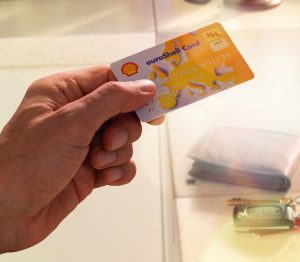
Cashless payments are becoming common place and this technology is seen in the fleet world in the form of fuel cards. These cards are designed to increase productivity by monitoring fuel spend, consumption and maintenance.
Drivers benefit as fuel cards, such as the euroShell Card, work just like standard bank cards. PIN protected, these cards give drivers access to more than 150,000 fuel retail sites (Shell and partner sites) in 34 different countries throughout Asia, Europe, North America and South Africa.
Also on hand to give advice and help drive productivity across the fleet are a team of dedicated Shell account managers. As experts in fuel cards, this team brings a wealth of knowledge around industry best practice designed to help fleets get the most out of their fuel cards and fuel services.
Online management tools
Fuel managers around the world are reporting that fuel fraud is becoming a rising concern. The scale of potential savings if fuel fraud is prevented could be huge – a 2016 Shell report found that nearly half of respondents believe that a 5% reduction is achievable. Considering that road transport alone uses 122 million litres of fuel per day, that could amount to a large saving.
Online platforms and apps that analyse data from a fleet’s fuel cards, such as the Shell Card Online and mobile app, are designed to give fleet managers more control over transactions, to help keep their business secure and reduce costs. The platform generates real-time fraud alerts, customisable fraud reports and allows for fleet managers to set tailored spending limits. On top of this, a team of Shell fraud experts continually monitors transactions and can instantly put a stop to fraudulent spending by blocking cards anytime – day or night, amounting to substantial savings.
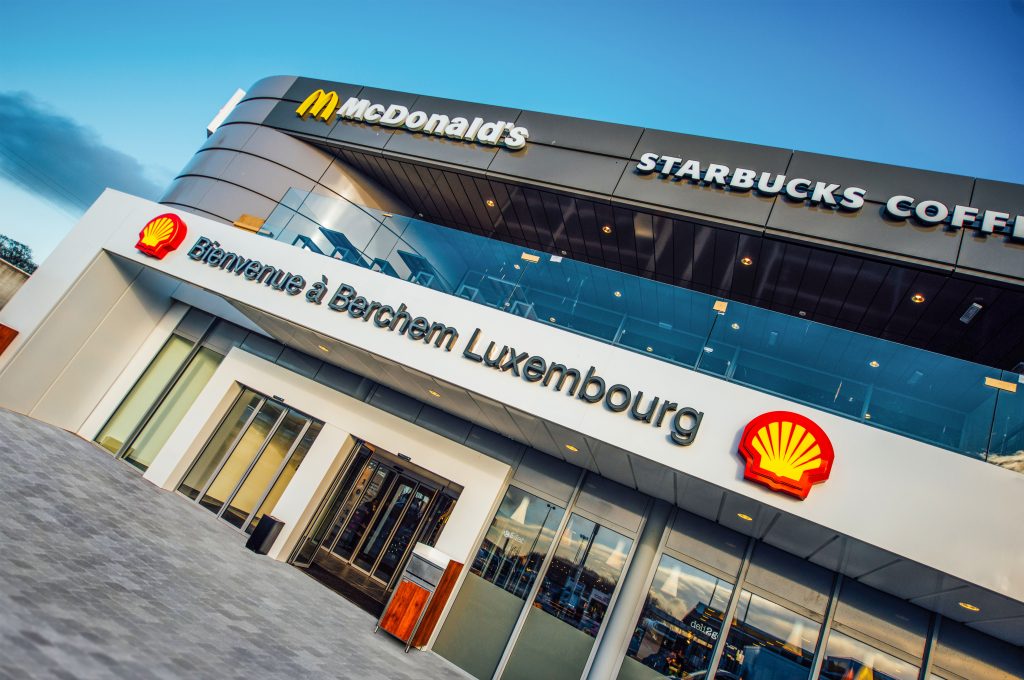
Telematics
Modern telematics systems can unlock the productivity potential to improve driver skills and safety on the road. Smarter route options based on actual traffic information and mapping data can be leveraged so that journeys can be adjusted in real time and mistakes avoided. Some systems even offer the ability to automatically alert customers if a driver is delayed, helping avoid further delays by taking away the pressure for drivers to pull over and make a phone call.
Likewise, with deliveries, automatic notifications can let the customer know how long it will be until the driver arrives,
helping to meet on-demand deliveries by shortening delivery windows and reducing customer waiting times. Rest and refuelling stops along a driver’s route are also highlighted, helping fleet managers and drivers plan a safe and comfortable drive.
No longer is the forecourt solely a place to refuel; truckers need to feel secure and well rested to maximise productivity. For example, Shell’s largest retail site in Berchem, Luxembourg, provides meals for truckers so that they are kept well- nourished on the road.
In a fast-changing and competitive industry, staying informed on the issues affecting the industry gives fleet managers the knowledge and skills needed to stay ahead of the competition by capitalising on opportunities. Shell, through its extensive global network of fleet experts and partners, says it aims to equip its fleet customers with the knowledge to help them drive sustainable competitive advantage, today and in the years to come.

